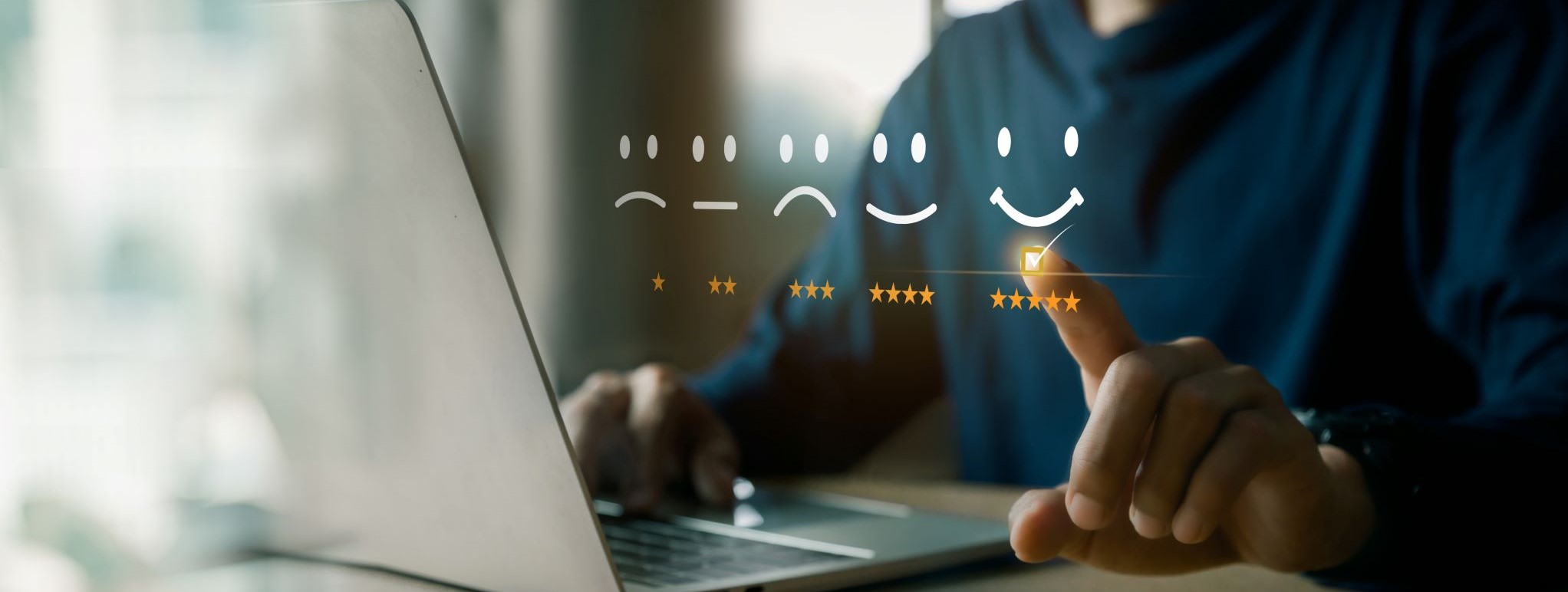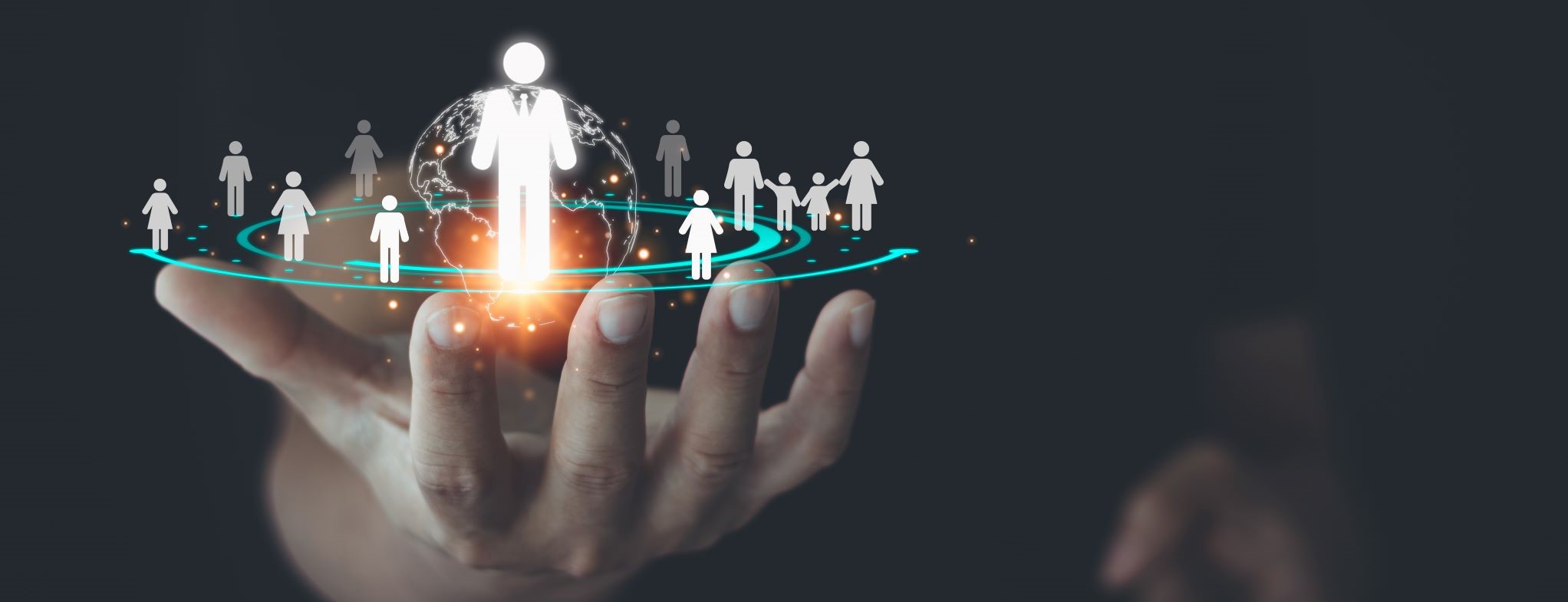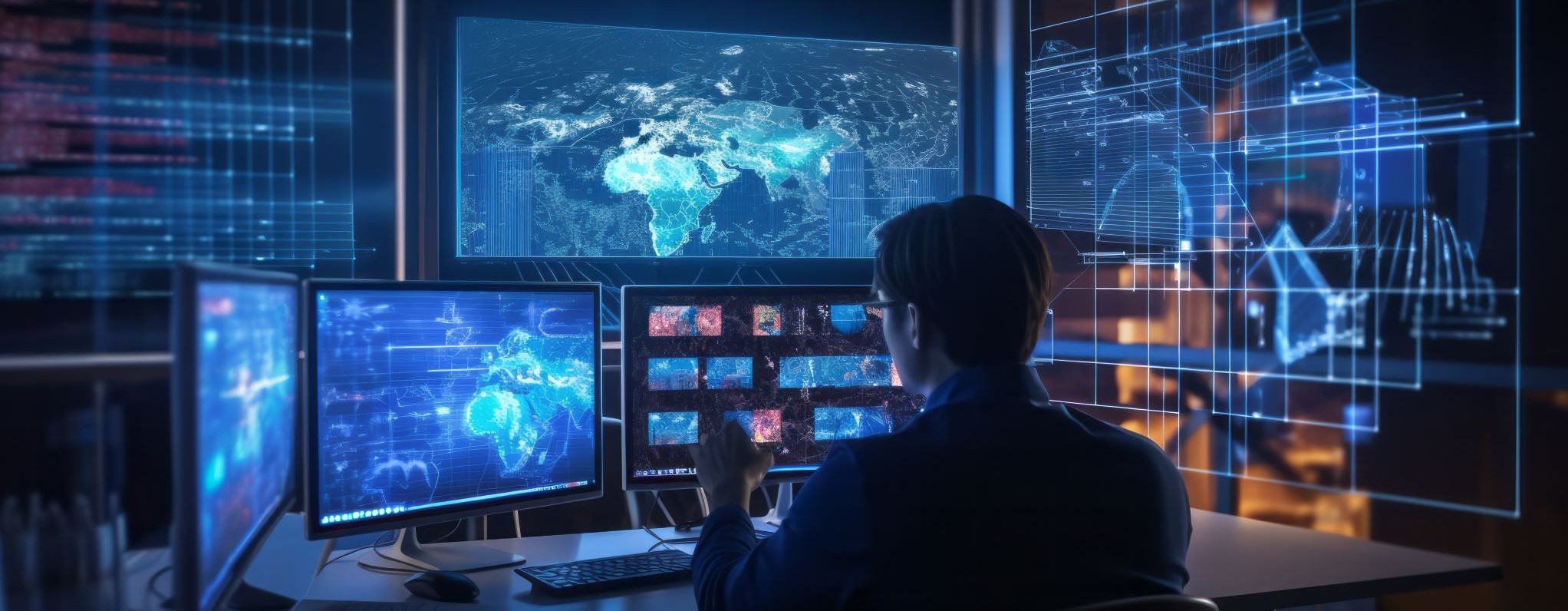What Will Artificial Intelligence Be When It Grows Up?
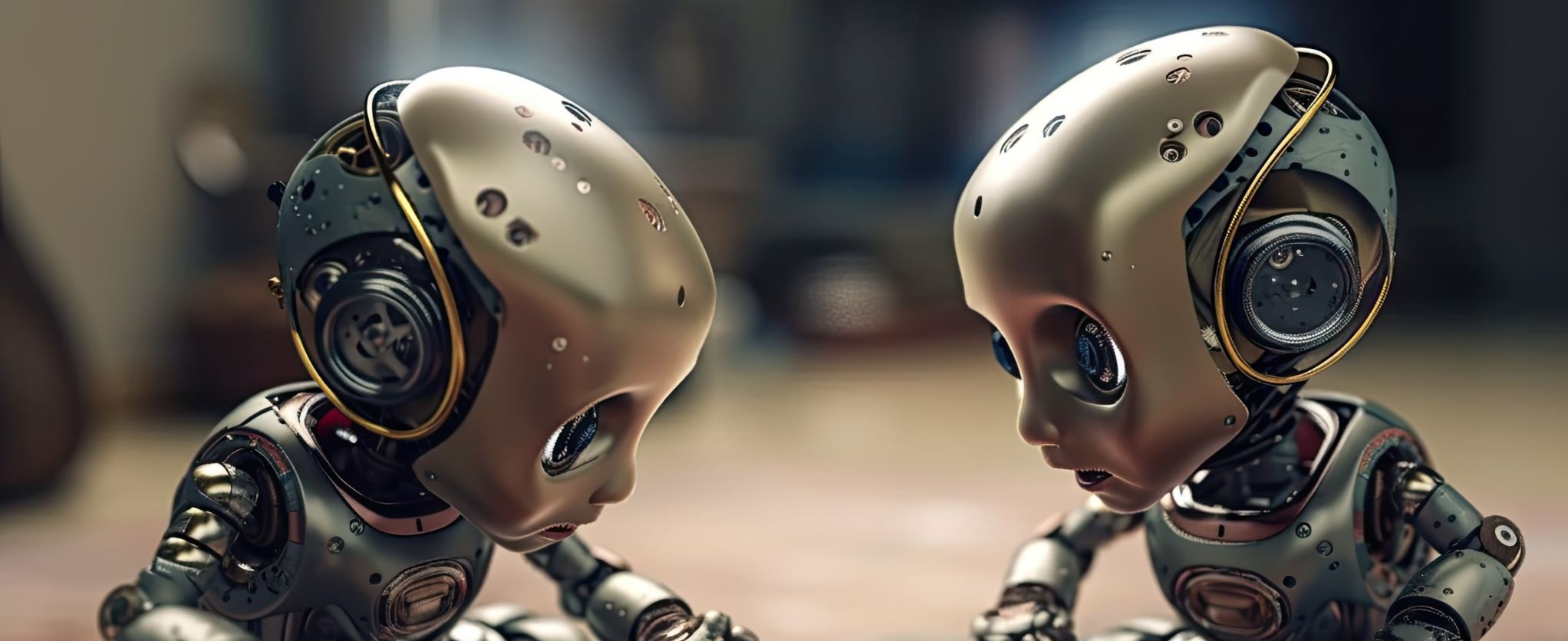
From R2-D2 to Drake
What will artificial intelligence be when it grows up? Time will tell. Although it has been more than 70 years since conception, AI is just getting going. Like a child, if you think he’s already grown up, wait until he starts driving.
If one were to stretch the boundaries of what AI is, technical advances in the arts began appearing on a grand scale in the late 1970s. SMPTE code and Dolby noise reduction were a big deal in music and film. The development of CGI (computer-generated imagery), popularized in Star Wars: A New Hope, likewise. Both became staples in the industry.
Although not technically AI, these electronic and now computer-generated tools produce sounds and correct errors that a human can only do with teams of talent, time, and money.
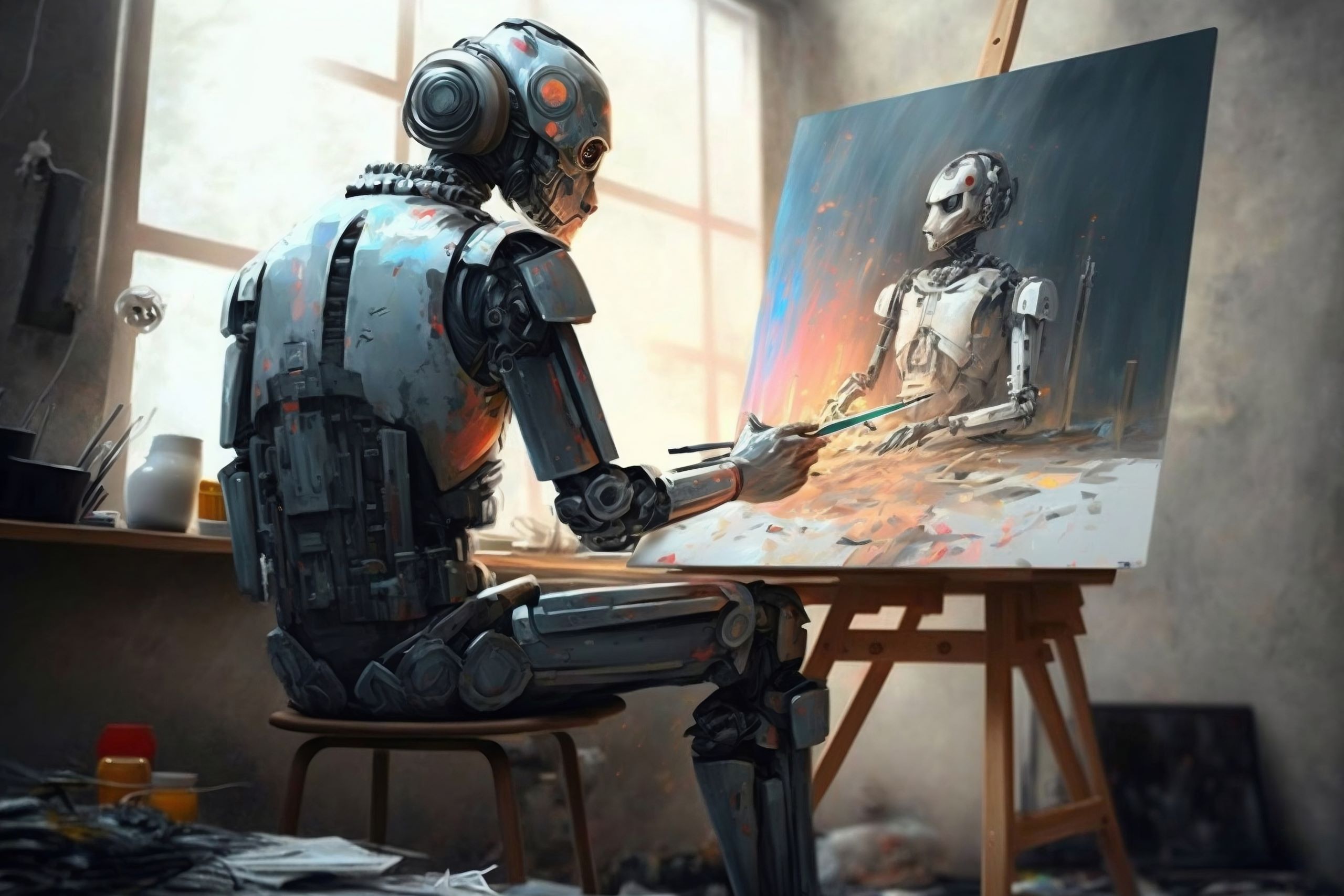
AI in Art
Multiple forms for creating art of all types with AI exist using learning algorithms to create new works. “Rule-based” images use mathematical patterns to simulate brush strokes and other effects. The more complex the data provided, the better AI can learn different styles.
In a story for CBS News, concept artist Karla Ortiz, who has designed characters for Marvel films, isn’t concerned about AI taking jobs away from artists. She worries that professional artists’ work is available in the OpenAI database.
“It’s an invasion of privacy,” she says. “It’s an invasion of our ability to consent to be in these, you know, data sets. Nobody asked us. The way to fix this is by building data sets that are completely full of public domain works, and then, any further kind of expansion from that, done so by licensing agreements.”
As with music or art, since AI can create works in the styles of other artists, living or dead, it can confuse the audience and lead to copyright issues.
In April of this year, Heart on My Sleeve, created by TikTok user ghostwriter977, was released and went viral. It uses AI to simulate Drake and The Weekend, although neither was involved. Both artist’s label, Universal Music Group, invoked a copyright violation to get all platforms to take the song down, although they can’t get to every source at all times.
“The cat is not going back in the bag,” said Stanford University associate professor Ge Wang in an NPR interview, regarding AI-generated music. “And along with it is a ton of legal, ethical, and artistic considerations that we didn’t have to think about before in a practical sense. But now we do.”
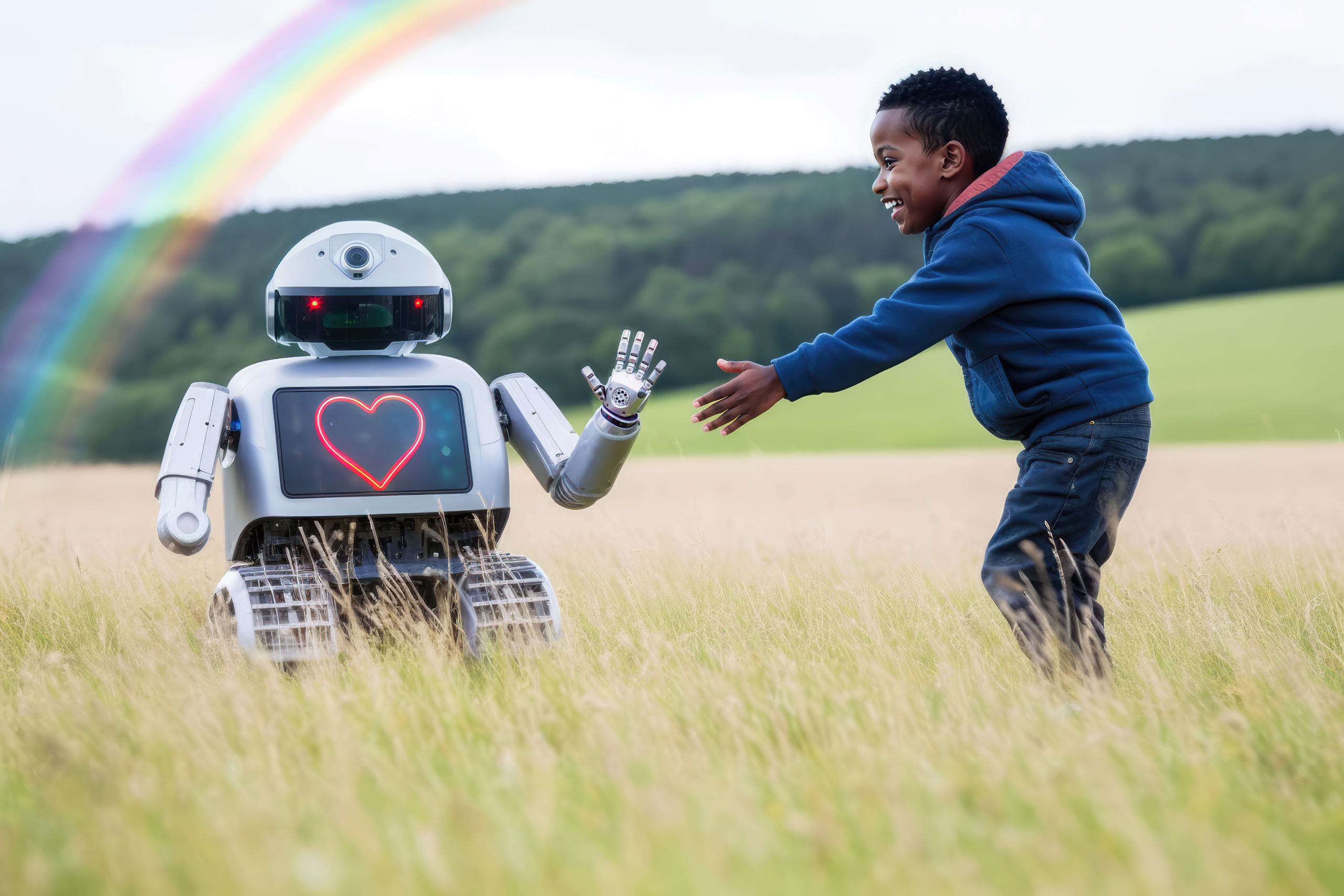
Ethics in AI
The ethics of AI are certainly in question. A story in the New York Times in April, “In AI Race, Microsoft and Google Choose Speed Over Caution,” addressed the issue in depth. It stated that two Google employees tried to stop the Company from launching an AI chatbot early this year. “They believed it generated inaccurate and dangerous statements.”
The story cited a similar report from Microsoft ten months earlier. Employees and outside commentators reportedly wrote that the “AI technology behind a planned chatbot could flood Facebook groups with disinformation, degrade critical thinking, and erode the factual foundation of modern society.”
The chatbots were released, with Microsoft’s on the Bing search engine and Google on its Bard chatbot.
Frederike Kaltheuner of the Human Rights Watch expressed her concerns in a story by MIT Technology Review. She’s worried that online medical services will generate AI chatbots in risky contexts such as mental health therapy. “I’m worried about absolutely reckless use cases of generative AI for things that the technology is simply not designed for or fit for.”
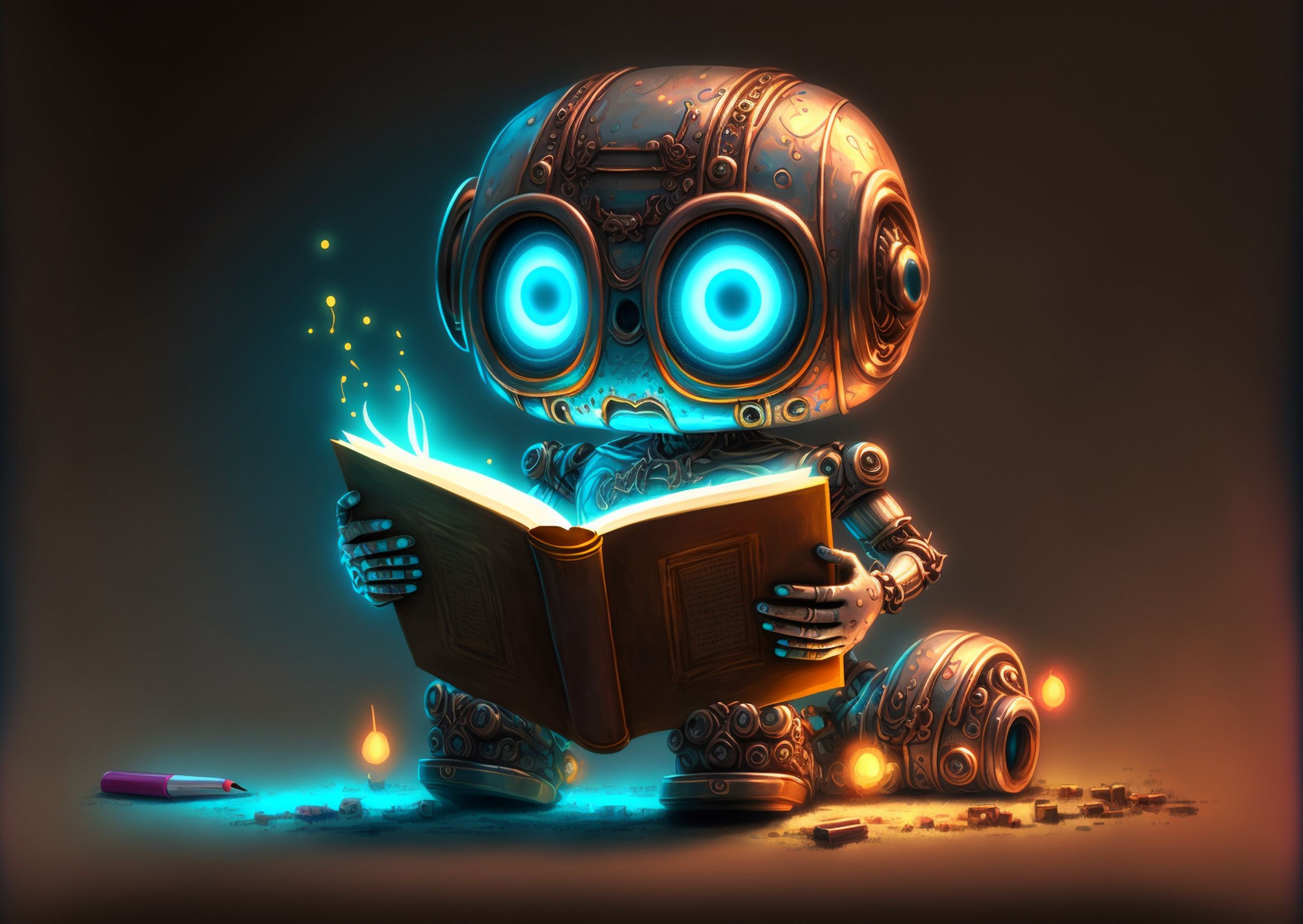
It Might Be Smart, But Not Yet Wise
In conclusion, AI has countless benefits, as we see daily with our automobiles, appliances, medical procedures, and wherever else we look. There is still time to regulate the technology if that is necessary. Whether that regulation would be standard across all platforms or all nations could bring up the issue of fairness. Regulation could inhibit a business’s ability to compete in the marketplace, such as search engines, the medical field, or entertainment.
If you want to impede someone’s ability to use AI to simulate Drake, van Gogh, or Hemmingway, they can always do it the old-fashioned way. They’ll have to work a little harder. In the bigger picture, there will be many more growing pains in the life of AI.
Ge Wang, Stanford University associate professor

